Your cart is empty
Explore our collectionsAlocasia Black Velvet Plant Sapling
Original price was: ₹ 299.₹ 110Current price is: ₹ 110.
If you’ve been hunting for a rare indoor plant in India that turns heads and makes every guest say, “Whoa, what’s that?” — your search ends right here. The Alocasia Black Velvet Plant Sapling, also known as Alocasia reginula, Jewel Alocasia, Black Velvet Elephant Ear, or Little Queen Alocasia, is the plant equivalent of a designer handbag — luxurious, tropical, and perfect for Indian homes. This air-purifying, low-maintenance houseplant from Upjau’s online nursery in India is rare, glamorous, and totally worth showing off!
Note– the images are real. But actual appearance may vary due to environmental factors, age, and other conditions.
Dimensions:
Sapling (Without pot)
Beginner Level
— Easy to care
— Thrives in sandy soil
Twice in a Week in Summer (High temperatures ranging from 30 to 45 degrees Celsius)
Once in a Two Week in Winter (low temperatures dropping below 10 degrees Celsius)
— Keep the soil moist
— Thrives in humid condition
Medium Indirect Light
— The plant thrives best in spots with partial shade and some morning sunlight.
— Make sure it gets shelter from the sun in the afternoon for its healthiest growth.
Buy Alocasia Black Velvet Plant Sapling Online in India – Rare Indoor Plant
Perfect for plant lovers looking to buy Alocasia reginula online in India, this rare tropical indoor plant thrives in warm, humid Indian homes. Straight outta Southeast Asia’s rainforests, the Alocasia Black Velvet is basically the Batman of houseplants. Maxes out at like 30, maybe 40 cm, so whether you’re squeezed into a Mumbai corner or living large in a Delhi palace, it’ll fit right in. Alocasia Black Velvet Plant Sapling, also known as Little Queen Alocasia, Jewel Alocasia, and Black Velvet Elephant Ear, and botanically renowned as Alocasia reginula ( little queen)!
Key Features and Benefits
Why’s everyone obsessed with the Alocasia Black Velvet Plant Sapling? Here’s the scoop:
- Jaw-Dropping Leaves: Deep green, almost-black, with dreamy silver veins—looks unreal, feels even better. Total conversation starter.
- Space-Saving Queen: Perfect for flats, work desks, or that awkward bathroom corner begging for life.
- Beginner-Approved: Looks like a diva, but honestly, she’s pretty chill. No need for a PhD in botany.
- Air-Purifying Power: With those thick leaves, the Alocasia Reginula quietly soaks up nasty stuff from the air, making your room fresher—huge if you’re battling Delhi’s infamous pollution! It’s also rated among the best air-purifying indoor plants in India.
- Gift Material: Housewarming, birthdays, new office—show up with this sapling and you’ll instantly be the thoughtful, stylish friend.
- Rare but Not Impossible: Unlike some “collector” plants, the Jewel Alocasia is actually available in India, both online and at good nurseries.
Looking for the best indoor plant for Indian homes? The Alocasia Black Velvet is a stunning addition to your tropical plant collection.
How to Care for Your Alocasia Black Velvet Plant Sapling?
Okay, you’ve managed to get your hands on an Alocasia Black Velvet Plant Sapling—now, don’t panic. Here’s a care guide that’s honestly easier than it looks:
- Light Requirements: Needs bright, indirect sunlight (It’s a sun-lover, but not a tanning addict). Next to an east or north-facing window is an ideal spot. If not, throw up a sheer curtain to dodge leaf burn. Crispy plants are a crime.
- Watering: Stick your finger in the soil—if the top 1–2 inches are dry, it’s thirsty. Otherwise, back off. This watering schedule suits the Indian climate and indoor conditions.
- Soil mix: Don’t just grab dirt from the yard. Mix it up:
30–40% coco coir or peat moss
20–30% perlite or pumice
20–30% orchid bark
10–20% vermicompost for nutrition - Bonus: Toss in some horticultural charcoal for extra root happiness.
- Feeding & Fertilizer: Spring to Autumn? Balanced liquid fertilizer (Every two or three weeks). Toss in a scoop of vermicompost once a month. Winter? Skip the feeding—let your plant relax.
- Temperature: Temperatures between 18°C and 26°C will work just right for Alocasia Black Velvet Plant Sapling (Warm and Humid).
- Humidity: Loves humidity (60 to 70 % it is). If you live in drier cities like Delhi or Jaipur, increase humidity to mimic tropical conditions. Mist or use a pebble tray of water if it is drier than the Sahara.
- Pests: Spider mites and mealybugs. Neem oil spray works wonders.
- Maintenance: Damp cloth, wipe on the leaves,s keep ‘em shiny. Yellow or dead leaves? Snip ‘em off.
Flowering and Seasonal Highlights
Let’s be honest: you’re here for the leaves, not the flowers. But if you’re lucky (or just a total plant whisperer), your Alocasia Black Velvet Plant Sapling might toss out a pale green spathe-and-spadix-type bloom during hot, humid months (think late spring or monsoon). Most people snip them off—let the plant focus on those dramatic leaves. But hey, if you want to flex, show off that rare flower on Instagram.
Ideal Placement of The Black Velvet Elephant Ear
Where will your Alocasia Black Velvet Plant Sapling truly shine? Here’s where it’ll look (and feel) its best:
- Living Room: On a coffee table or plant stand—instant drama.
- Bedroom: Next to a window with filtered light, an Alocasia Black Velvet Plant Sapling gives a touch of lush calm.
- Office Desk: Makes you look organized and fancy, even if you’re not.
- Bathroom: Only if there’s tons of light and humidity – the plant will love you for it.
- Balcony: Only in full shade.
- Extra Tips for Indian Plant Parents :
- Repotting: Only bother when the roots start staging a jailbreak (think every couple of years, not every season).
- Pet Safety: The Black Velvet Elephant Ear is strictly “look, don’t touch”—keep it away from curious pets and snack-happy kids unless you’re into chaos.
Whether you’re styling your home or gifting greenery, this low maintenance houseplant in India works in every setting.
Why Choose the Alocasia Black Velvet Plant Sapling?
Searching where to buy Alocasia Black Velvet in India? Simple—if you want a plant that screams luxury, blends easily into Indian homes, this is the one. The Black Velvet Elephant Ear is compact, stylish, and low-maintenance. It instantly upgrades your space. Grab your Little Queen Alocasia now from Upjau, the best online plant nursery in India and let your home do the talking!
Frequently Asked Questions
Q. Can you propagate black velvet alocasia?
A. Yup, you can totally propagate these guys. Split up the clumps (just pull apart a mature plant, nothing wild). Grab a piece of rhizome from a grown-up plant and pot it up. Just shove it in some soil, wait about 10–15 days, and keep your hopes up. Roots should show up if you haven’t angered the plant gods. Basically, not rocket science, just a little patience.
Q. Why is alocasia so hard to keep alive?
A. True. This plant is super fussy about Temperature (don’t let it get chilly), Humidity (no desert vibes), and Light (forget about that dim corner). If you mess up? Leaves drop like it’s shedding season; they go from “I’m fine!” to “I’m dying!” in a flash. Seriously, don’t turn your back for long.
Q. How fast does alocasia black velvet grow?
A. Don’t expect overnight miracles. Growing up takes these guys 2 to 5 years for real. Even fully grown, they’re not giants. Tops out around 18 inches.
Only logged in customers who have purchased this product may leave a review.

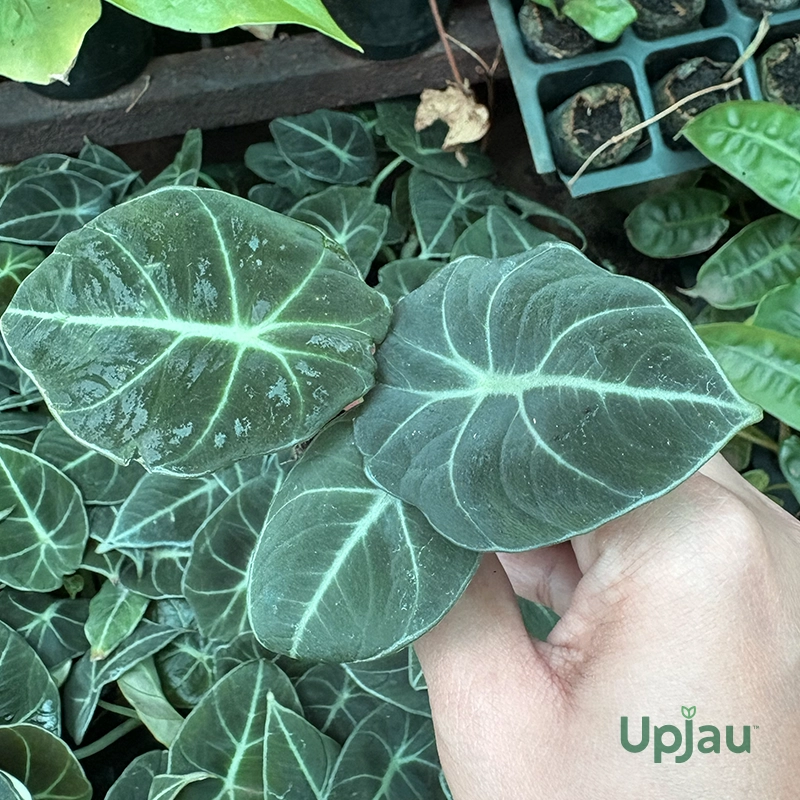

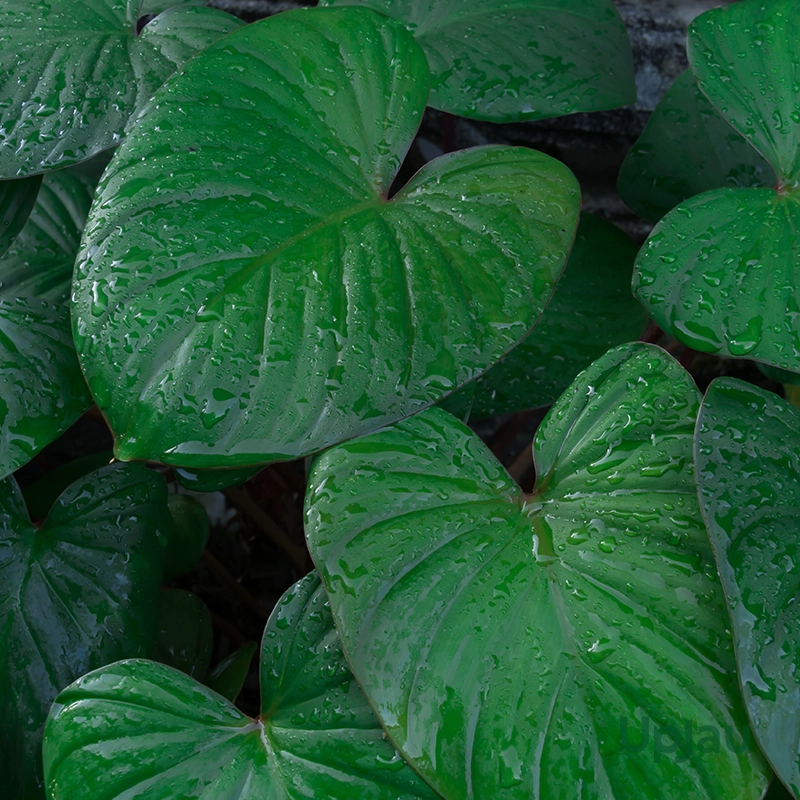
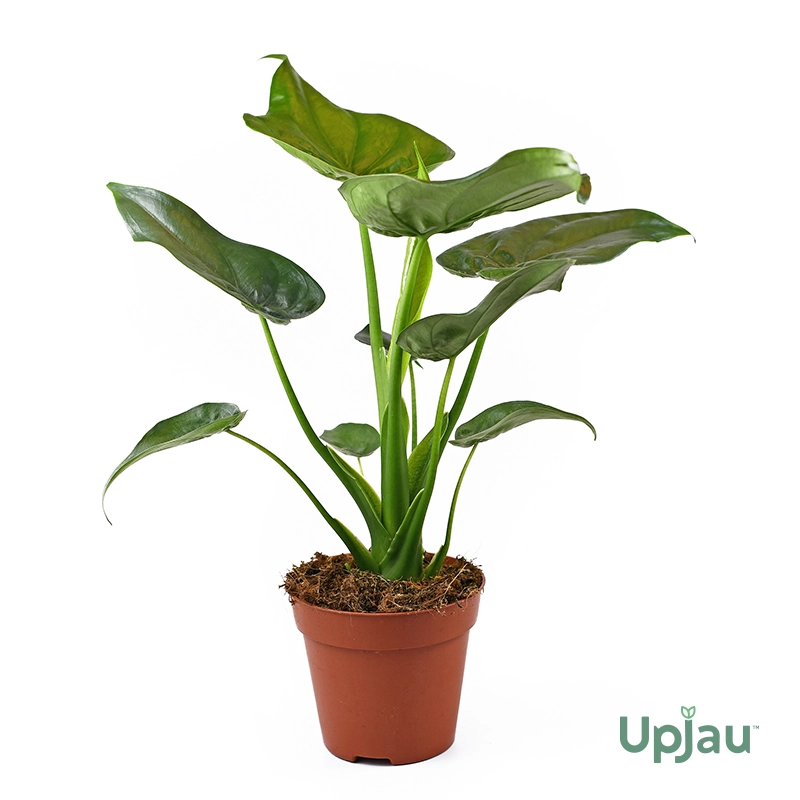


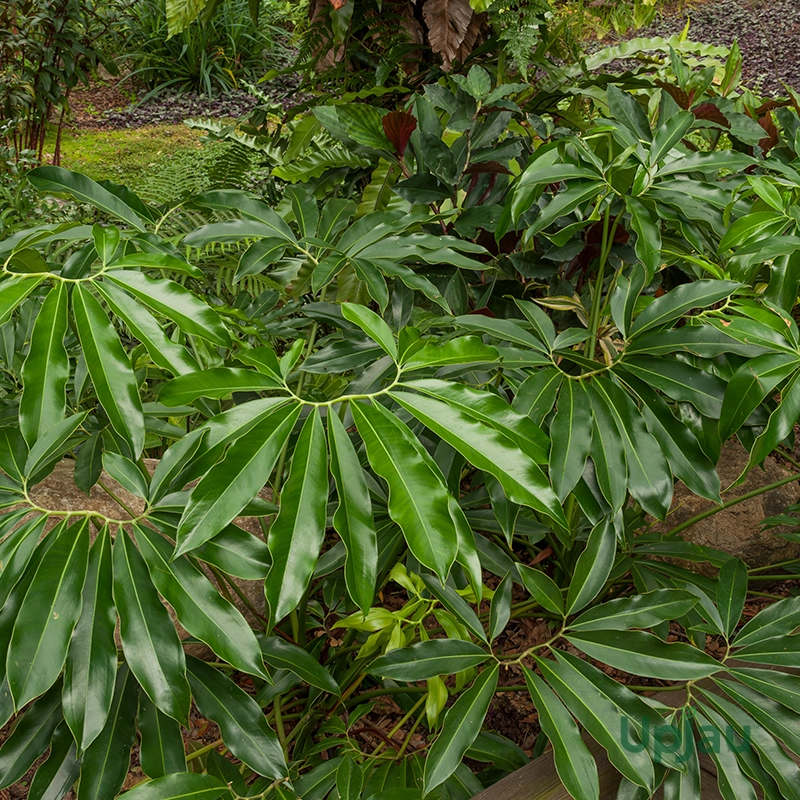





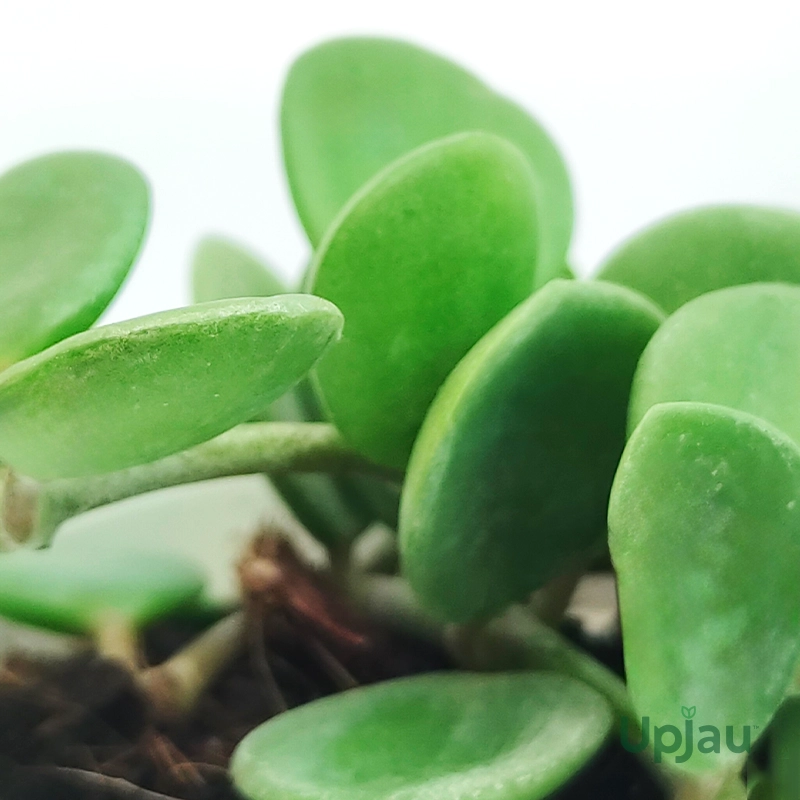
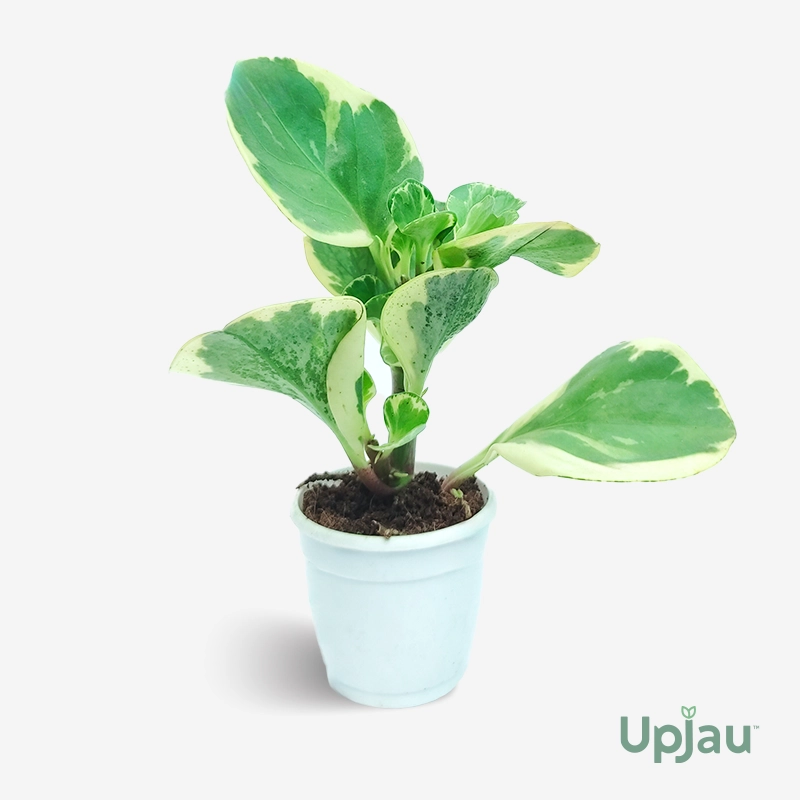
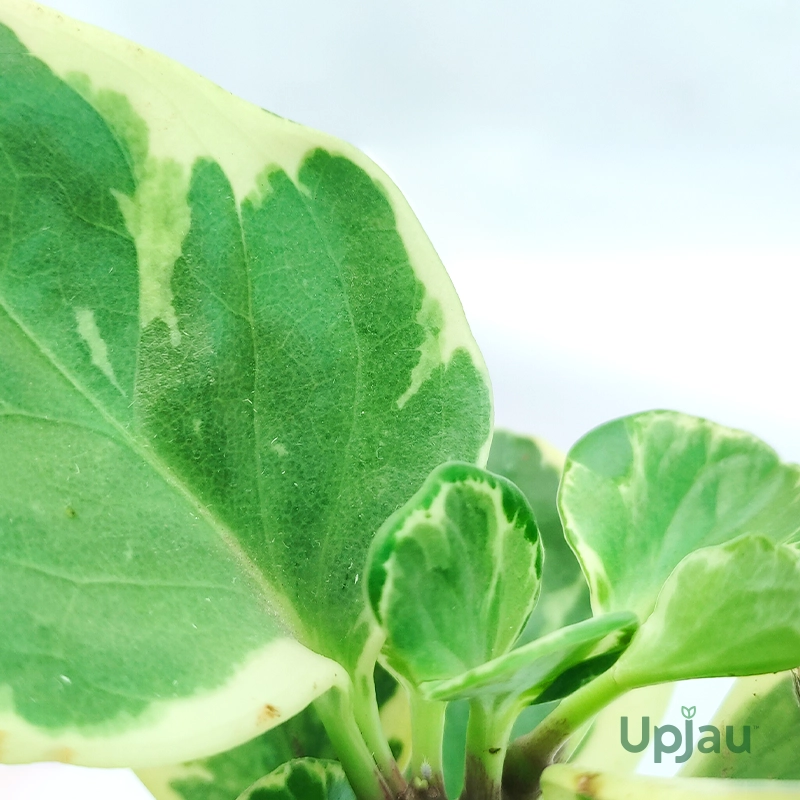

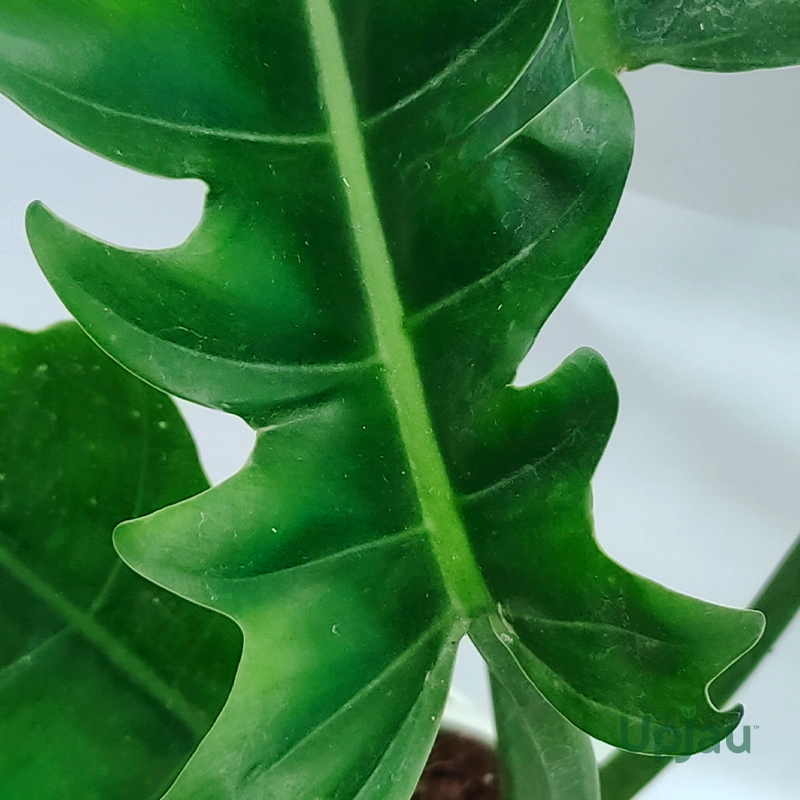


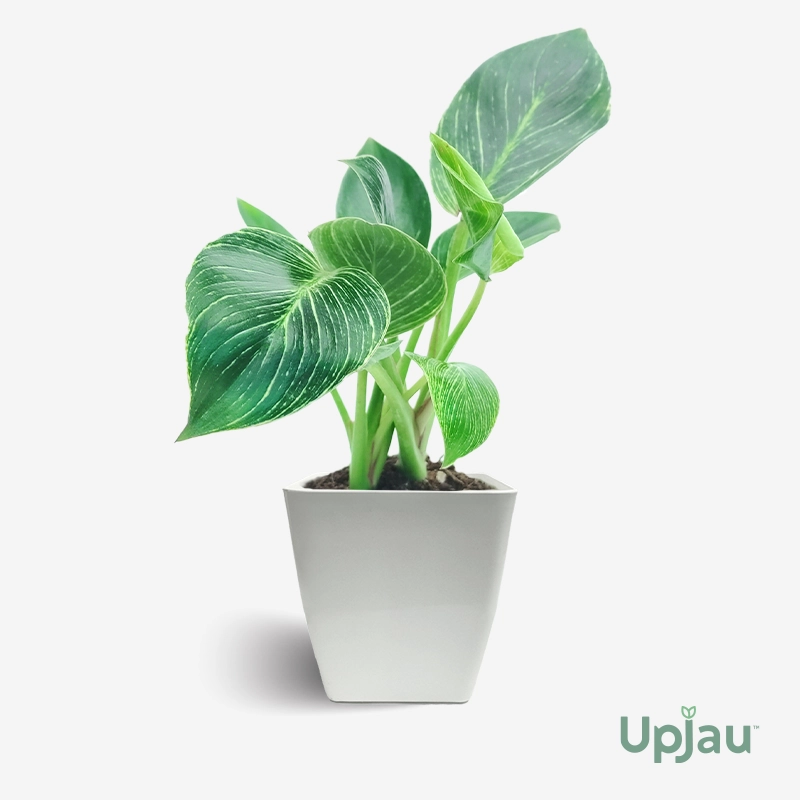


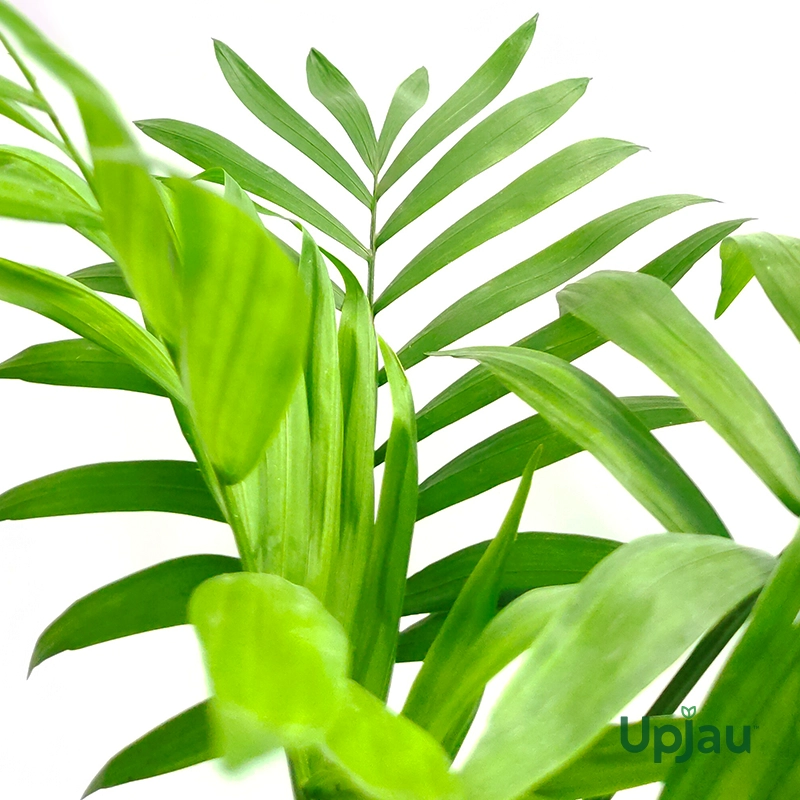


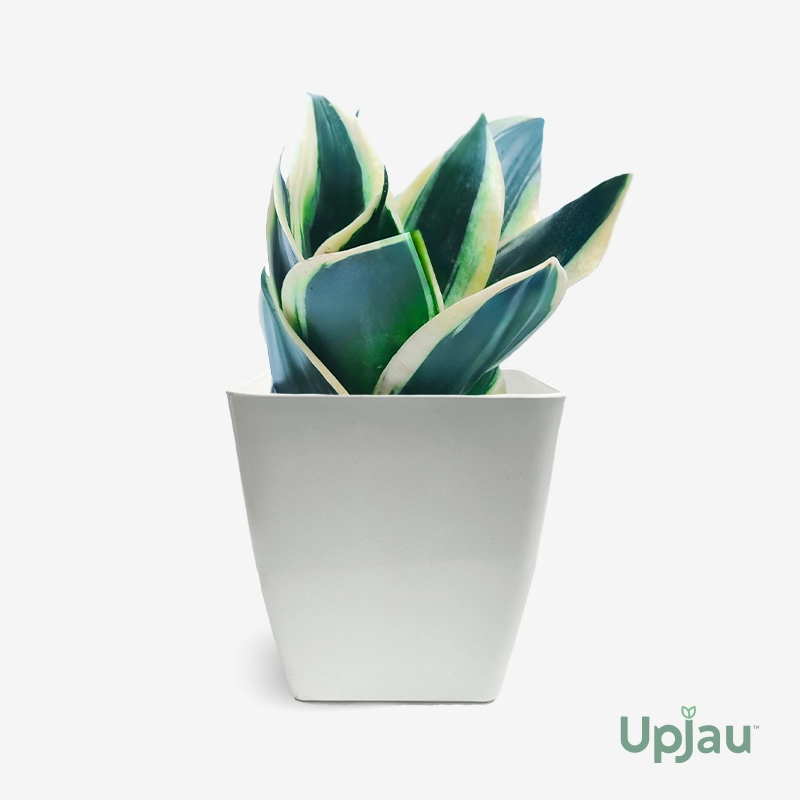


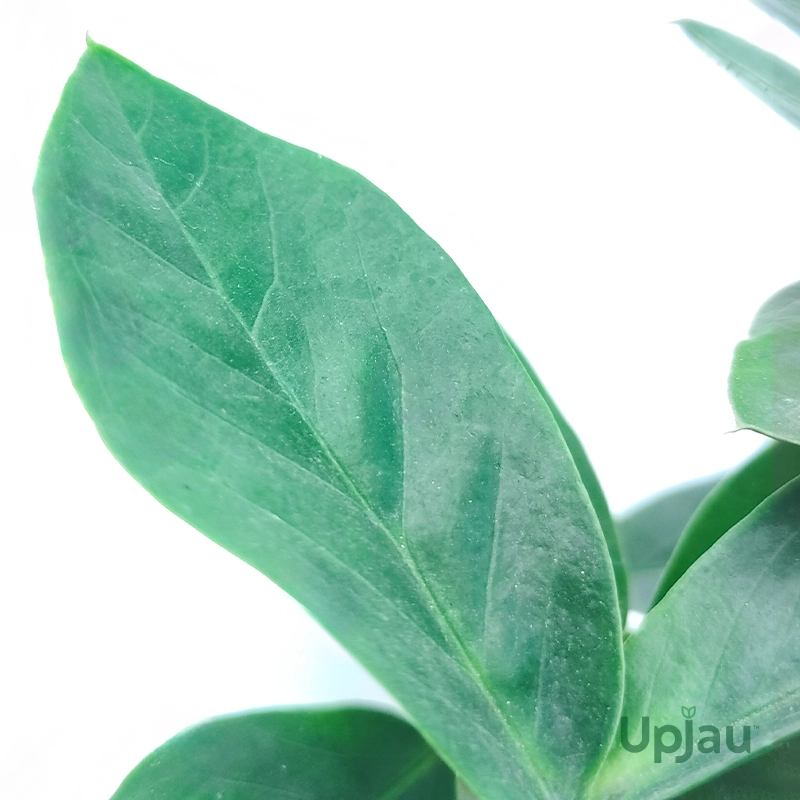


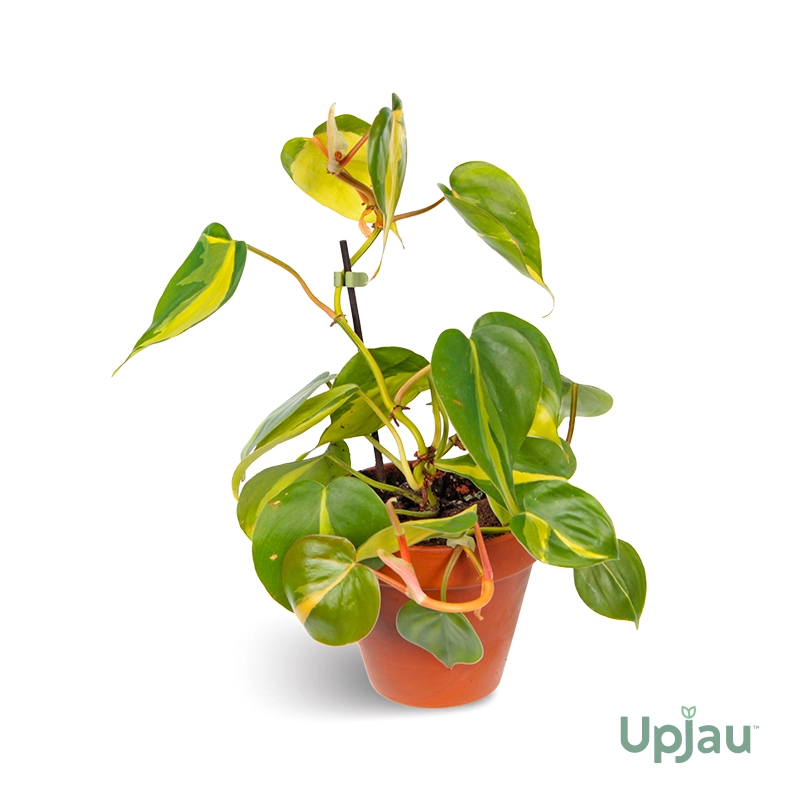
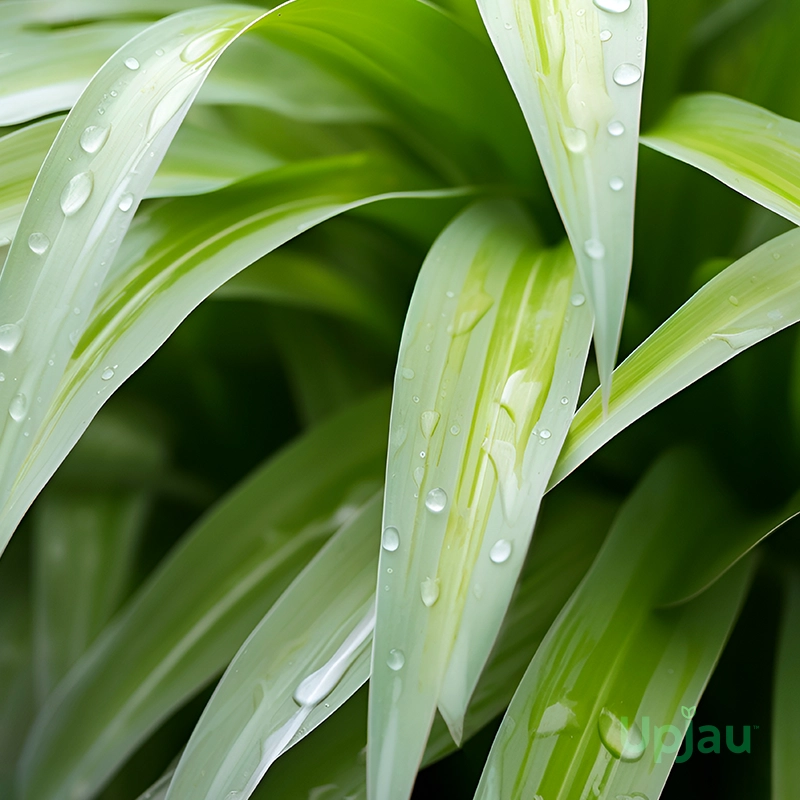
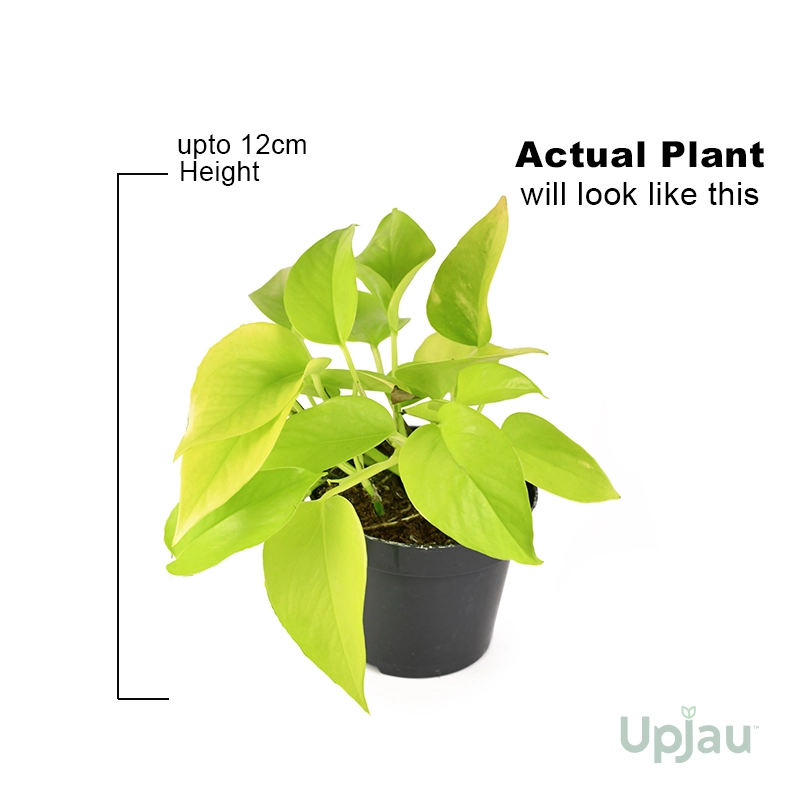



Reviews
There are no reviews yet.